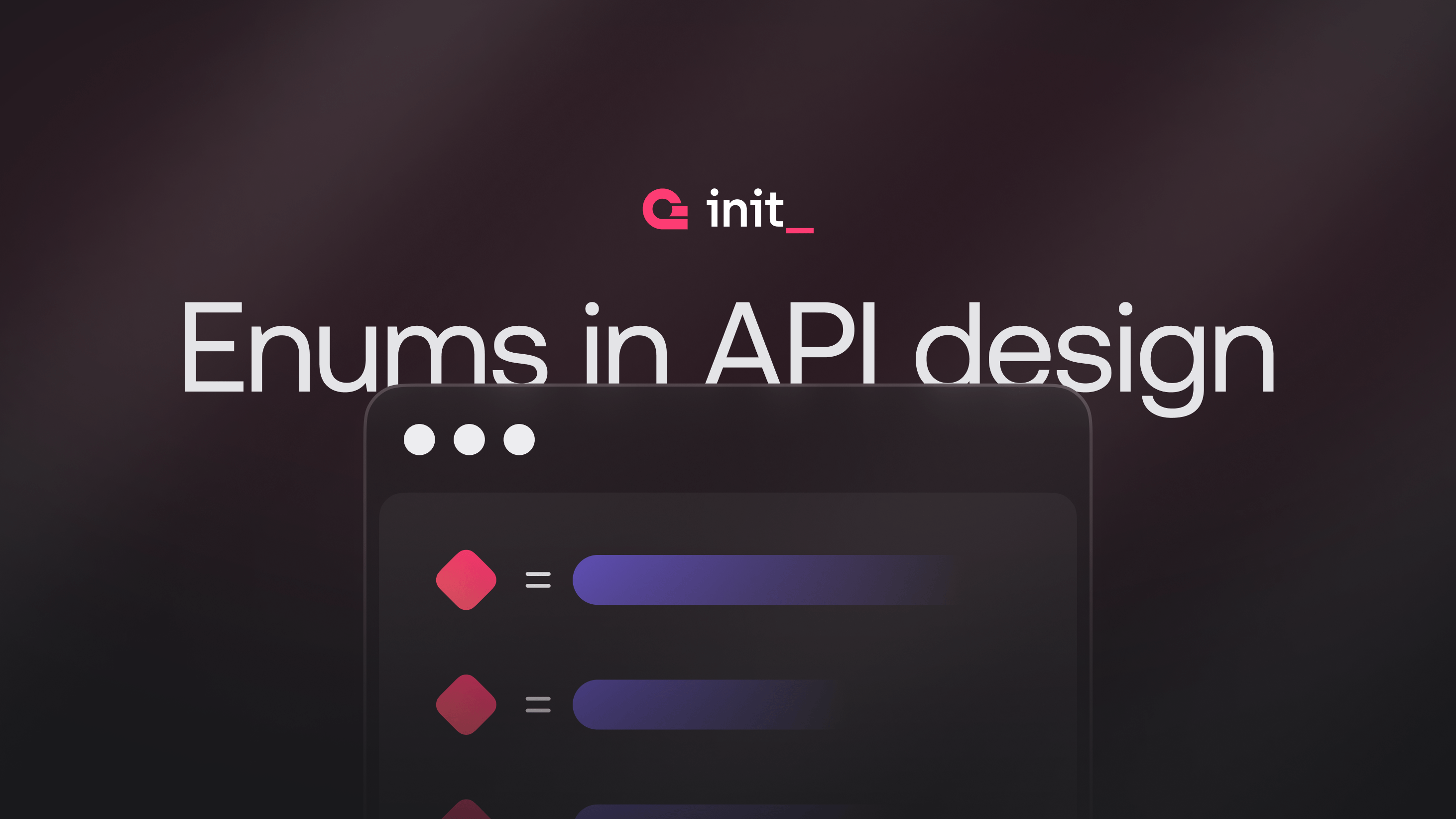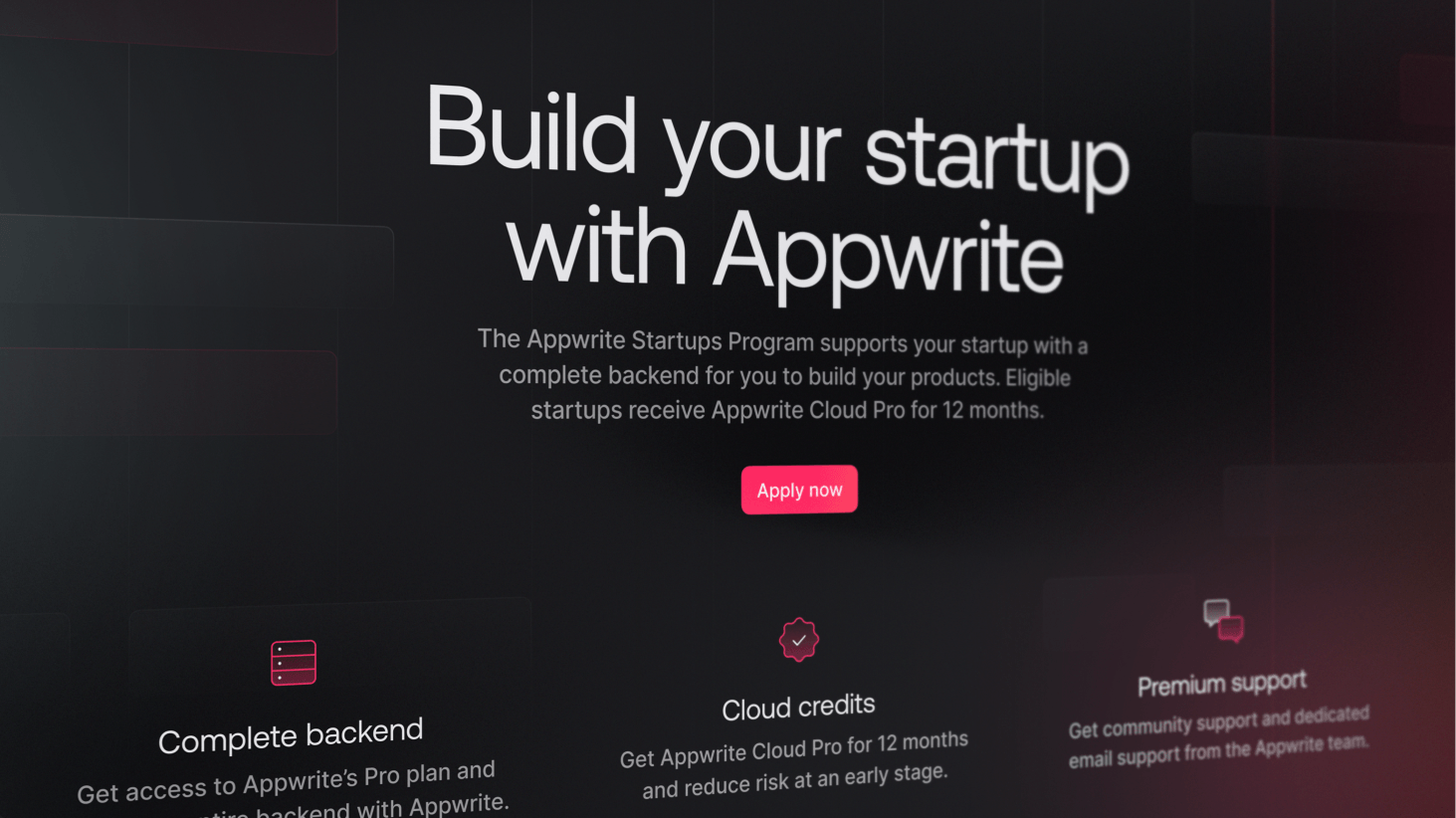Any developer who has ever had to design APIs will validate that clear and error-free communication is paramount to ensure the APIs are usable. One key tool that assists this process is enums. This article delves into the purpose and significance of enums in API design, illustrating how they enable effective and robust communication between different software.
Understanding enums in the context of APIs
Enums, short for enumerations, are a data type that allows a variable to be one of a predefined set of values. These values are usually identifiers, making enums significantly different from other data types. While most data types allow for a range of values, enums are restricted to specific, predefined values, enhancing clarity and predictability in code.
Unlike integers or strings, which can represent a wide range of values, enums provide a limited set, reducing ambiguity. For example, an enum named Day could include constants like MONDAY, TUESDAY, and so on. This limitation is particularly useful in API design, where clear and predictable interfaces are essential.
Advantages of using enums in APIs
The use of enumerations, or enums, in API design offers several significant advantages that can enhance the overall quality and usability of an API. Here are some key benefits:
Type safety: Enums provide type safety, ensuring that the values passed through the API are of the expected type. This safety net enables data validation by default, reducing runtime errors and enhancing the overall robustness of the API.
Clarity and readability: Enums make APIs more readable and understandable. By using named values, they help convey the intent of the code, making it more accessible to developers who are integrating with the API. This clarity is especially beneficial in complex systems where understanding the range and role of specific values is crucial.
Error reduction: By limiting values to a predefined set, enums reduce the chance of errors that might occur from using invalid or unexpected data. This characteristic is particularly useful in environments where data integrity and accuracy are paramount.
Self-documentation: Enums serve as their own form of documentation. The predefined values in an enum can be quickly understood and referenced, making it easier for developers to grasp what values are permissible without constantly referring to external documentation.
Consistency: Enums enforce consistency in the use of values across different parts of an API. This consistency is essential for maintaining a uniform interface, making the API more predictable and easier to work with.
Improved debugging and maintenance: With enums, debugging becomes more straightforward as the range of values is limited and well-defined. This clarity makes it easier to trace issues related to data values. It also simplifies maintenance, as the use of specific values is more structured and predictable.
Compatibility with API documentation tools: Enums are often well-supported by API documentation tools and specifications like Swagger or OpenAPI. This compatibility makes it easier to generate clear and detailed API documentation, enhancing the developer experience.
Best practices for implementing enums in API design
Implementing enums in API design can significantly enhance clarity and robustness. However, to fully reap their benefits, it’s essential to follow certain best practices:
Descriptive and consistent naming: Choose names for your enums and their values that are self-explanatory and consistent. This practice aids in readability and maintainability. For example, an enum for user roles should have names like ADMIN, USER, GUEST, clearly indicating their function.
Avoid magic literals: Use enums to replace magic numbers or strings in your code. This makes your code more readable and less error-prone, as it's clearer what each value represents.
Plan for change with versioning and deprecation strategies: Enums should be managed with the understanding that they might need to change over time. Implement versioning and deprecation strategies for your API to handle changes without breaking existing clients.
Use enums for stable sets of values: Enums work best for values that are not expected to change frequently. Avoid using enums for values that are likely to change often or are unbounded.
Consider using string enums over numeric enums: String enums can offer clearer and more descriptive values, especially when viewed in JSON format, which is common in RESTful APIs.
Expose enums in API documentation: Make sure that your API documentation clearly indicates where and how enums are used. This inclusion helps developers quickly understand what values are expected.
Test enum implementations thoroughly: Include enums in your testing strategy to ensure they behave as expected under various scenarios and that any errors are handled accordingly.
Common pitfalls of using enums and how to avoid them
Enums, while beneficial, can lead to several pitfalls if not used judiciously in API design. Here are some common issues and strategies to avoid them:
Overusing enums:
Pitfall: Enums can be overused for data sets that are too large or dynamic, leading to frequent updates and maintenance headaches.
Avoidance: Use enums only for data sets that are relatively stable and have a limited number of values. For dynamic data, consider other data structures or reference tables.
Breaking changes and backward compatibility:
Pitfall: Modifying existing enums (like removing or renaming values) can break backward compatibility, affecting clients using the API.
Avoidance: Treat enums as immutable once they are used in production. Add new values if necessary, but avoid removing or renaming existing ones. Use versioning for significant changes.
Inflexibility in expansion:
Pitfall: Enums can become inflexible if not planned correctly, making it difficult to accommodate new values or use cases.
Avoidance: Anticipate potential future expansions and design enums with extensibility in mind. Consider combining enums and configuration files or databases for highly dynamic sets.
Misuse of user-generated values:
Pitfall: Using enums for user-generated or frequently changing values can lead to an unsustainable number of updates.
Avoidance: Avoid using enums for data that is better suited to user input or where frequent changes are expected. Enums should represent a predefined set of constants.
Poor naming conventions:
Pitfall: Vague or inconsistent naming in enums can lead to confusion and errors in implementation.
Avoidance: Use clear, descriptive, and consistent naming conventions for enums and their values. Ensure the names make sense within the context of the API.
Inadequate error handling for invalid values:
Pitfall: Not handling invalid enum values properly can lead to uninformative errors and debugging difficulties.
Avoidance: Implement robust error handling that clearly communicates when an invalid enum value is used, providing guidance on acceptable values.
Not considering API documentation tools:
Pitfall: Enums not well represented in API documentation can lead to confusion for API consumers.
Avoidance: Ensure that your API documentation tools properly represent enums, making it clear what values are acceptable in each context.
By being aware of these pitfalls and employing strategies to avoid them, you can effectively leverage enums in your API design, enhancing clarity and maintainability while avoiding common issues.
How Appwrite is leveraging Enums
With the latest release of Appwrite, we have taken steps to improve type safety within our SDKs by leveraging enums. We have replaced all magic literals, such as constants needed for OAuth adapters, with enums to simplify the developer experience and make it less error-prone for all those who are building with Appwrite. This change exemplifies our commitment to robust and user-friendly API design.
import { Client, Account, OAuthProvider } from "appwrite";
const client = new Client()
.setEndpoint('https://cloud.appwrite.io/v1')
.setProject('<PROJECT_ID>');
const account = new Account(client);
account.createOAuth2Session(OAuthProvider.Apple, '[LINK_ON_SUCCESS]', '[LINK_ON_FAILURE]', true);
Resources
Visit our documentation to learn more about Enums SDK support, join us on Discord to be part of the discussion, view our blog and YouTube channel, or visit our GitHub repository to see our open-source code.



